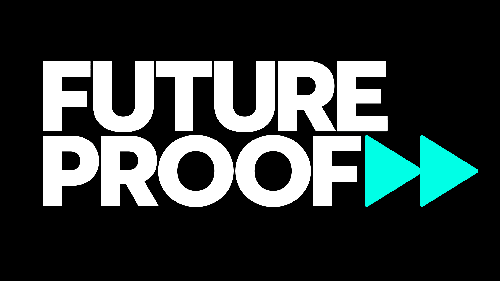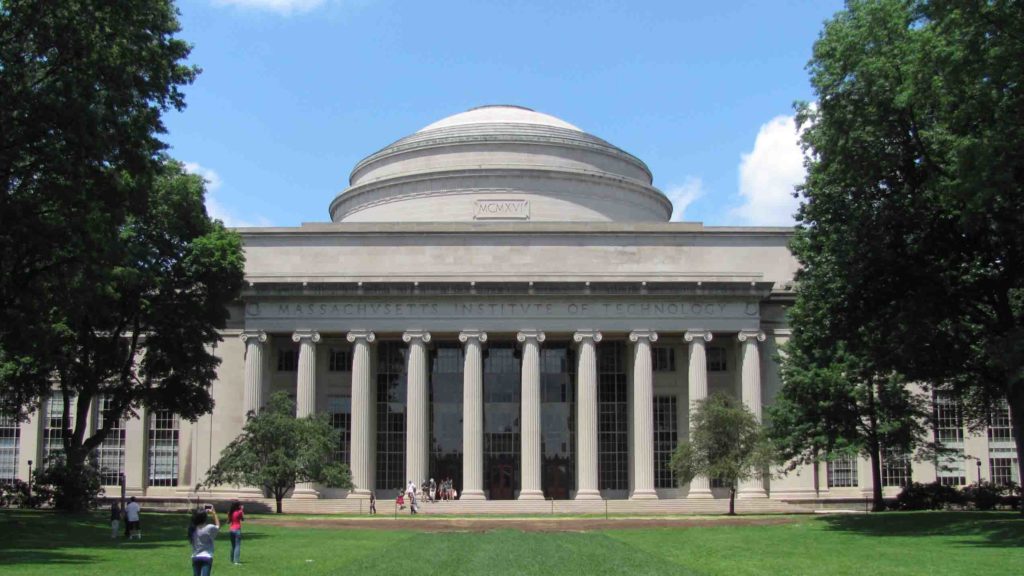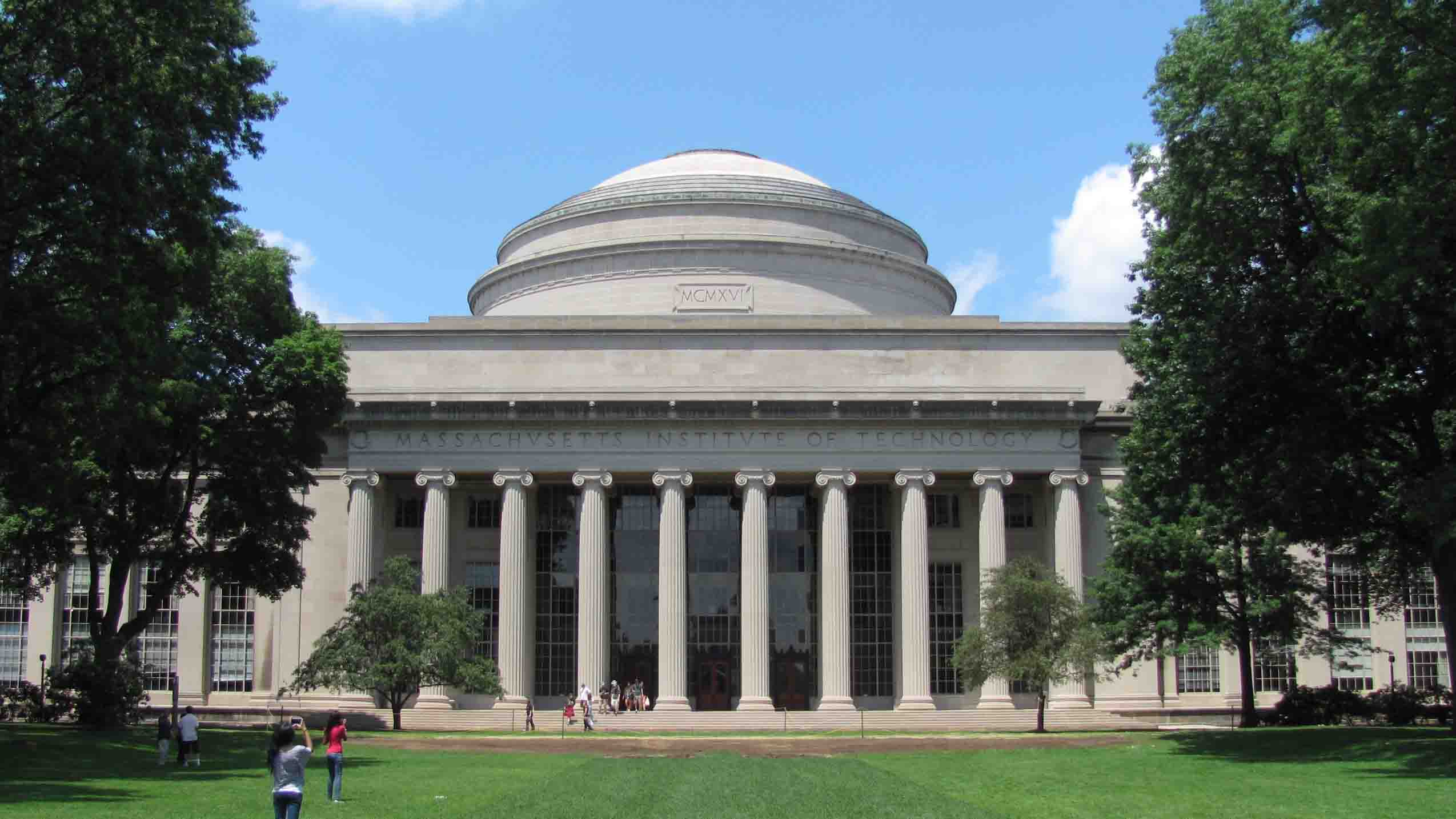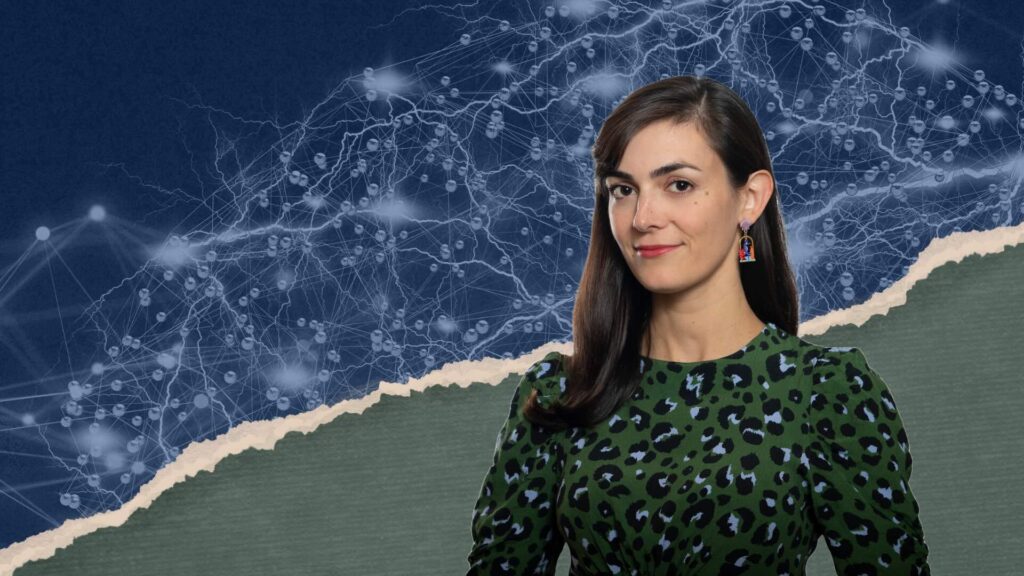
Tim De Chant (‘19) arrived for his Knight Science Journalism fellowship with a vision: He didn’t want people to just talk about climate change, he wanted them to be able to do something about it. So he began laying the groundwork for Future Proof, a “Consumer Reports for the climate generation” that would help people lower their carbon footprints through informed shopping.
A year later, Future Proof has made its official debut, with climate-minded reviews of everything from refrigerators to light bulbs. De Chant explained the site’s approach to assessing each product’s carbon footprint this way: “When we have reputable data about impacts of materials and production processes, we use it. When we don’t, we interview experts to offer qualitative guidelines, and we calculate the product’s ‘in-use’ footprint—that is, the carbon pollution created by the electricity it consumes.”
“I’m hoping Future Proof offers people an easy first (or second or third) step toward climate action,” says De Chant. “When they use the stuff we review, I’m also hoping it’ll remind them of their climate-friendly choice, one that will inspire future actions.”

Federico Kukso (’16) has been thinking about odors — pleasant ones, repulsive ones, out-of-this-world ones — for years. Now, in what marks the culmination of a project he began during his Knight Science Journalism fellowship year, Kukso has turned that fascination with smell into his fourth book: “Odorama: Historia Cultural del Olor” (“Odorama: A Cultural History of Smell”). The book was published this month by Taurus, a Latin American imprint of Penguin Random House.
Writes Kukso:
Odorama follows the perfumes, the foul smells, the ephemeral essences, the rich and forgotten aromas of the universe and of the History usually portrayed as deodorized.… It reveals a little known facet of the history of the universe and the history of the human being. Under the dictatorship of the eye, a true unknown dimension is hidden, an invisible kingdom governs us: we are slaves of smells.
(Odorama is currently available only in Spanish.)
Magnus Bjerg (’19), Pakinam Amer (’19), and Jeff DelViscio (’19) worked with researchers at the MIT Center for Advanced Virtuality to bring to life a chilling alternative history: They created a deepfake experience that appears to show President Richard Nixon delivering the speech he would have given had the Apollo 11 mission gone wrong and left its astronauts unable to return home.
The project, “In Event of Moon Disaster,” was directed by Francesca Panetta and Halsey Burgund and won the Special Jury Award for Creative Technology in Digital Storytelling at last month’s International Documentary Film Festival Amsterdam. Bjerg and DelViscio contributed to the concept design and Amer served as a research affiliate on the project.
The project went viral on Reddit and has been covered by Newsweek, Gizmodo, and other outlets. You can view a trailer for the project here.

In award news, Pam Belluck (‘08) was named the recipient of the Newswomen’s Club of New York’s Nellie Bly Award, for Best Front Page Story. Belluck was recognized for her New York Times feature, “4 Women With Lives Scarred by Genital Cutting: Could a Surgeon Heal Them?” Says Belluck, “The response we’ve received to this piece has been very moving, including from women who have long felt shame and stigma

around this issue and from many people who were appreciative of the candid way the piece discussed aspects like the impact on women’s sexual experience, romantic relationships and self-esteem.” Belluck received the prize along with other Newswomen’s Club award recipients at a black-tie gala in November.
Also, Maryn McKenna (‘14) and Lynda Mapes (‘14) were named recipients of prestigious AAAS Kavli Science Journalism Awards. McKenna won the Gold Award in the Magazine category for her piece in The New Republic, “The Plague Years: How the rise of right-wing nationalism is jeopardizing the world’s health.” Mapes was part of a Seattle Times team that took home the Gold Award in the Large Newspaper for a series examining the struggle and decline of orca whales in Puget Sound. (The team’s reporting on orca’s was also recognized as a finalist for the Knight Science Journalism Program’s 2019 Victor McElheny Award.) McKenna and Mapes will receive their awards in February at the AAAS Annual Meeting in Seattle.
Iván Carrillo (‘17), Debbie Ponchner (‘04), and Valeria Román (‘05) were part of an ambitious investigative reporting project that examined the experience of being trans in Latin America. “Trans en América Latina: Historias desde la diferencia,” which includes interactive features and profile stories reported from four different countries, was published last month by the Mexico-based newspaper El Universal and by the digital site Tangible. (An English-language version of the series is available here.) Read more about the project in this Q&A with the Carrillo, Ponchner, and Román.
In October, Victor McElheny (Director, ‘82-‘98) gave a speech at Tufts University titled “Apollo: Icon of Discovery,” on the torrent of robot space exploration that built on the success of the Apollo missions. McElheny also continues to lecture and write. Last spring, he lectured for the eighth time in MIT’s “Engineering Apollo” course and published his 17th “Milestones” piece for Xconomy.com. The Milestones piece celebrated the 150th anniversary of the “golden spikes” that completed America’s first transcontinental railroad.
Here’s what other alumni are writing, a compendium from Federico Kukso (’16):
Pakinam Amer (‘19): “Deepfakes are getting better. Should we be worried?” The Boston Globe.
Meera Subramanian (‘17): “Humans versus Earth: the quest to define the Anthropocene,” Nature.
Valeria Román (‘06): “An Argentine scientist led the NASA team that confirmed that there is water vapor on a moon of Jupiter,” Infobae (in Spanish).
Anja Krieger (‘16): “Waste as a class issue,” Plastisphere.
Sasha Chapman (‘16): “Picking Up the Bones,” Hakai Magazine.
Amina Khan (‘19): “New NASA mission will allow scientists to track rising seas from space,” The Los Angeles Times.
Federico Kukso (‘16): “Asfaltovenator vialidadi, one of the oldest and most complete carnivorous dinosaurs of the Jurassic,” Agencia Sinc (in Spanish).

George Musser (‘15): “A fridge made from a rubber band? Twisted elastic fibers could cool your food.” Science.
Rachel E. Gross (‘19): “Why Women on the Pill Still ‘Need’ to Have Their Periods,” The New York Times.
Giovana Girardi (‘15): “Amazon deforestation rises again,” Estadao (in Portuguese).
Olga Dobrovidova (‘15): “Calling embryo editing ‘premature,’ Russian authorities seek to ease fears of a scientist going rogue,” STAT.
Yves Sciama (‘14): “Megafires will become more and more common,” Science et Vie (in French).
Angela Saini (‘13): “In the twisted story of eugenics, the bad guy is all of us,” The Guardian.
Monika Weiner (’92): “Turbo simulation for engine development,” AeroReport.





Leave a Reply